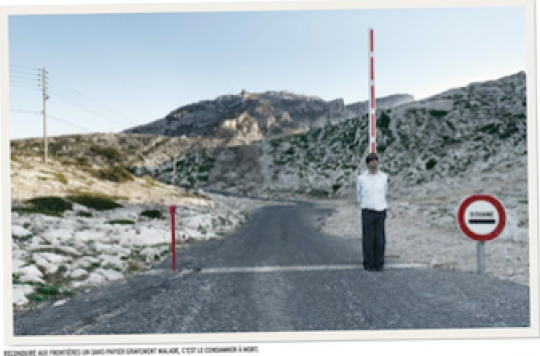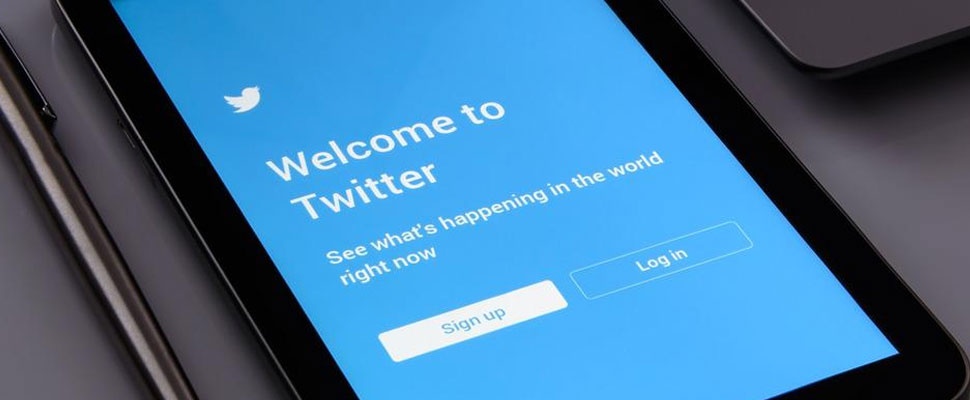Several associations helping foreigners have launched a citizen mobilization campaign on Twitter to alert ministers on the issue of the expulsion of sick foreigners.

The expulsion of sick foreigners is a thorny subject. During the presidential campaign, François Hollande had promised the reinstatement of the law of 1998, repealed by the law of June 16, 2011, which guaranteed care and maintenance on French territory for seriously ill foreigners. The new law allows the expulsion of a foreign patient if he has access to care in his country of origin. However, as the Médecins du Monde association reports, the expulsions of ill undocumented migrants have intensified. To raise public awareness, Médecins du Monde, AIDES and Cimade have launched a major mobilization campaign on social networks.
Twitter to educate ministers
The initiative is original. Doctors of the World has created an Internet site specially for the occasion. The idea is to flood ministers’ Twitter accounts Marisol Touraine, health Minister, Bernard Cazeneuve, Minister of the Interior and Manuel Valls, Prime Minister to alert them to the situation. Because, as Doctors of the World observes, ministerial offices turn a deaf ear when they are warned of irregular situations in detention centers.
Through this operation, the associations are also seeking to ask the Valls government to change the legislation. First of all, he asks for the pure and simple repeal of the law of June 16, 2011 to allow “seriously ill people residing in France to continue their medical care, without living under the threat of deportation”. They ask for better supervision of the procedures for the expulsion of sick foreigners, particularly when no medical opinion has been issued. The associations also demand the continuity of care in the event of confinement to prevent patients with HIV, hepatitis B or C from no longer receiving treatment.
Deportations like death sentences
This is where the whole problem of the deportations of seriously ill undocumented migrants lies. The law of June 16, 2011 made the eviction system more complex, say the associations. Now, a sick foreigner can be deported if in his country of origin he can follow his treatment and if the health resources are sufficient. If the country cannot guarantee these elements to undocumented migrants, it will have to be maintained on French territory.
The whole question of accessibility to care remains very vague. Indeed, it is possible that a country has medical resources but are they accessible to everyone? It is this point that unleashes passions. After expelling a foreigner with HIV, for example, is it possible to check whether this person will be able to continue to be treated? The associations think not. Medically speaking, this vagueness around access to care also raises the problem of continuity of care.
In a letter to the Prime Minister Manuel Valls sent on April 11, the Observatory of the right to health of foreigners (ODSE) noted that the new provisions excluded certain types of diseases. Depending on the seriousness of the disease over the long term, the authorities may decide to deport if they consider that stopping treatment does not represent too much of a risk for ill undocumented migrants. In the case of HIV, which is a chronic progressive disease, these provisions exclude it. Yet in many countries, HIV care is inaccessible due to its cost and unavailability.
.

















